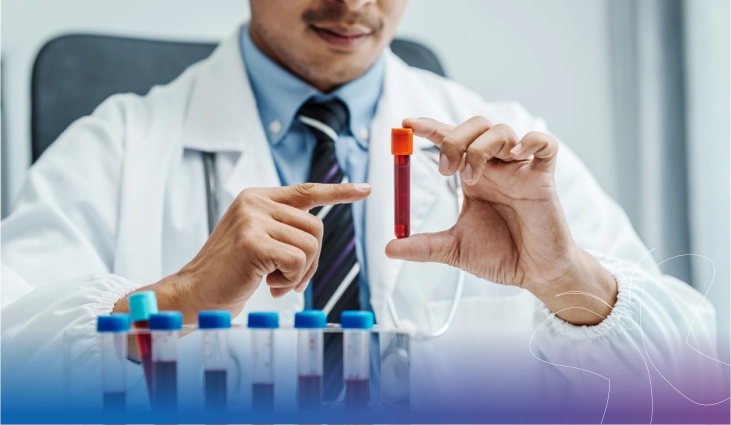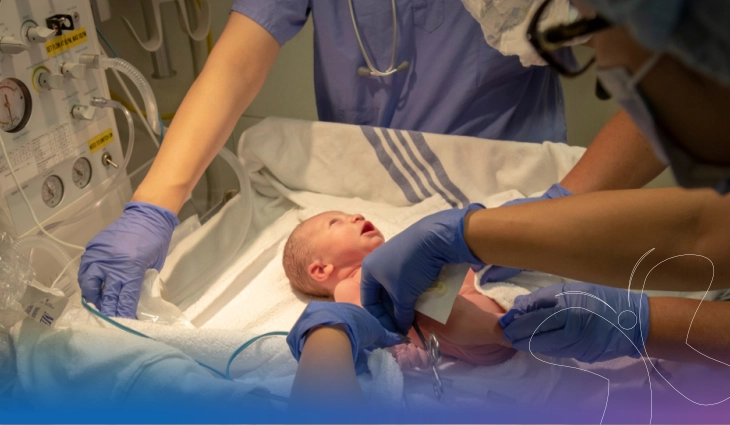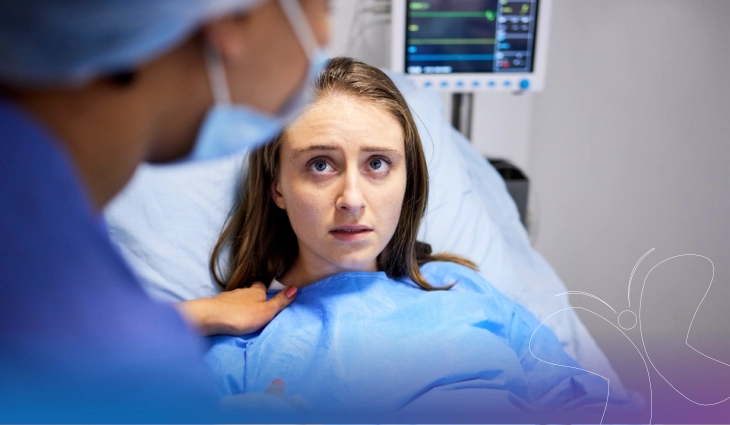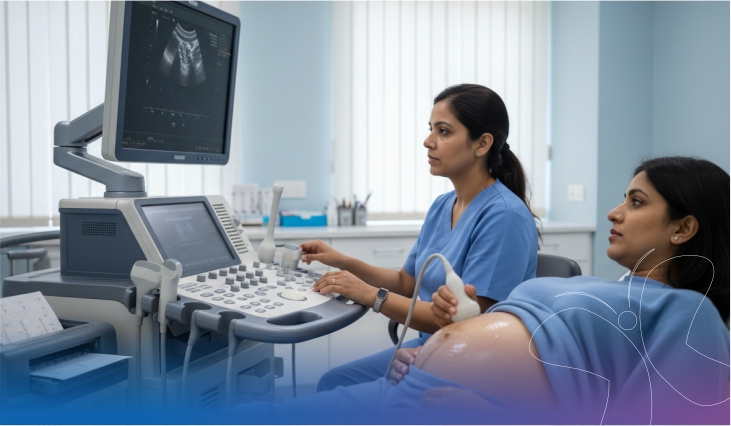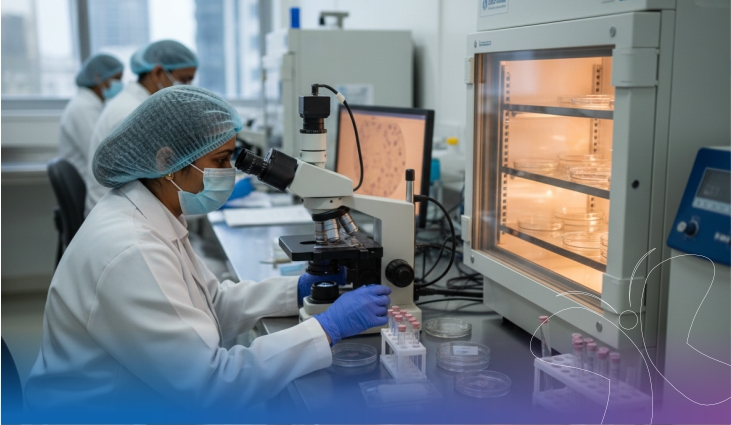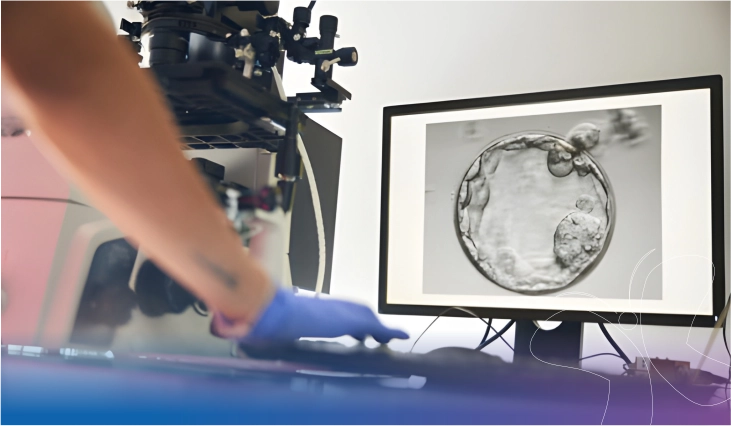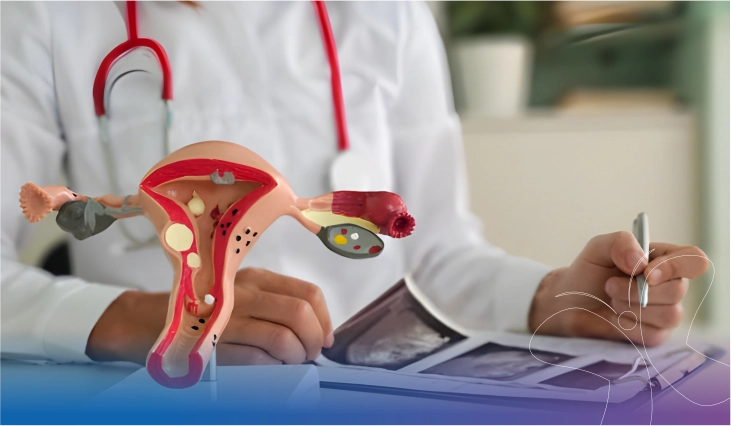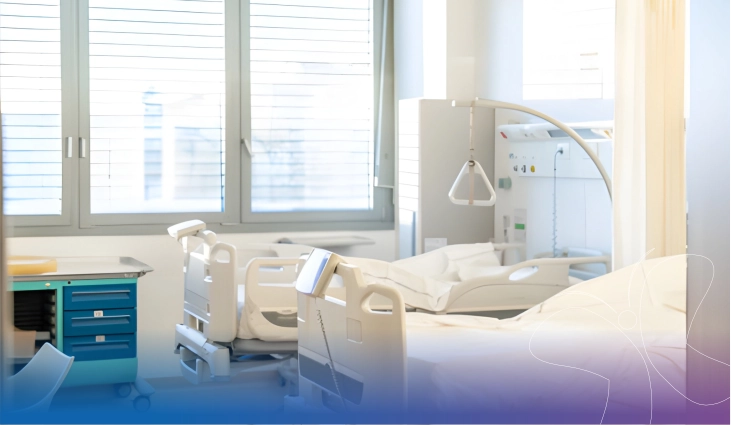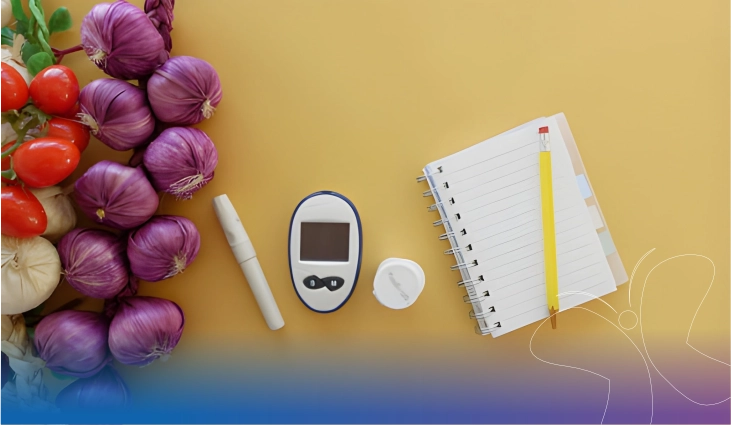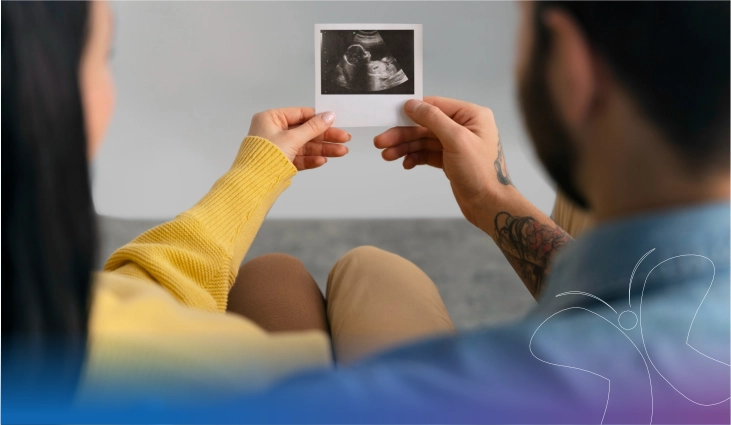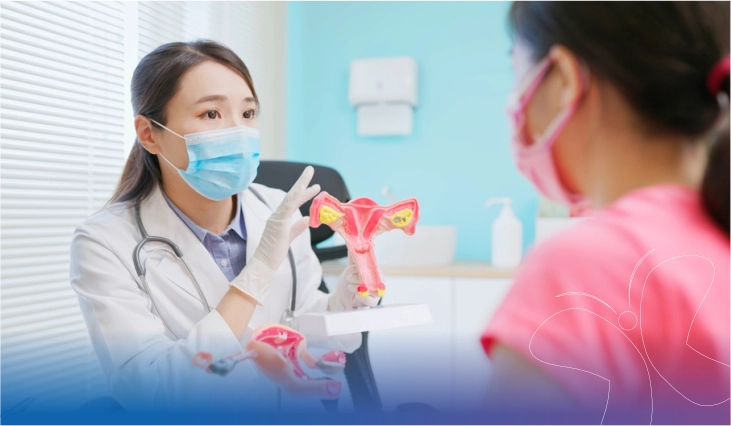“Doctor, I’ve had thyroid since college… will it affect my baby?”
Yes, it might. But only if it’s not managed. If your thyroid levels are in control, your pregnancy can be just as smooth as anyone else’s.
At Flowrence Hospital, we see many women come in already on thyroid medicine. Some don’t even know they have it until we test them during their first scan. Either way, what matters is catching it early and keeping it under control.
Let’s understand why.
What does the thyroid do in pregnancy?
Your thyroid gland controls your body’s metabolism and energy levels. During pregnancy, your baby’s brain, heart, and nervous system all depend on your thyroid hormones—especially in the first trimester.
That’s why if thyroid is not under control in early pregnancy, it can increase the risk of:
- Miscarriage
- Low birth weight
- Slow baby brain development
- High BP or preterm delivery
But here’s the good news: thyroid can be easily managed with regular medicine and monitoring.
When should you get tested?
Ideally before pregnancy.
But if not, then definitely in the first few weeks after your pregnancy is confirmed. A simple blood test called TSH (Thyroid Stimulating Hormone) tells us if your thyroid is normal, overactive (hyper), or underactive (hypo).
We may also test for T3, T4, or anti-TPO antibodies if needed. At our pregnancy care hospital, thyroid tests are part of your first-trimester package—because we believe early care is safer care.
How is it treated?
Most women with hypothyroidism (low thyroid) are given levothyroxine, a daily pill that’s completely safe in pregnancy.
The dosage may change slightly based on your weight and trimester.
Here’s what we always say at Flowrence:
“Thyroid isn’t the problem. Not testing or not following up—that is the problem.”
If you're already on thyroid medicine, your dosage may need to be increased by 25–30% in early pregnancy. We monitor this every 4–6 weeks.
What we ask from you
- Take your thyroid medicine on an empty stomach every morning
- Don’t miss follow-up blood tests—we need to keep checking levels
- Inform your doctor if you feel overly tired, dull, anxious, or restless
Let us know if your previous pregnancy had any complications related to thyroid
Real reassurance, not internet confusion
There’s a lot of half-baked information online that makes thyroid seem like a dangerous condition in pregnancy. It’s not—if treated right.
We’ve delivered hundreds of healthy babies from mothers with thyroid.
The only secret? Regular checkups. Honest conversations. And not ignoring symptoms.
If you're already pregnant, or planning to be soon—talk to your gynecologist about getting a thyroid test done.
Flowrence Hospital – Where thyroid management meets motherhood care.
Consult the best gynecologist in Rajkot for complete pregnancy care
All-in-one testing and monitoring at our expert pregnancy care hospital
Personalized treatment plans at your trusted gynecologist hospital in Rajkot







